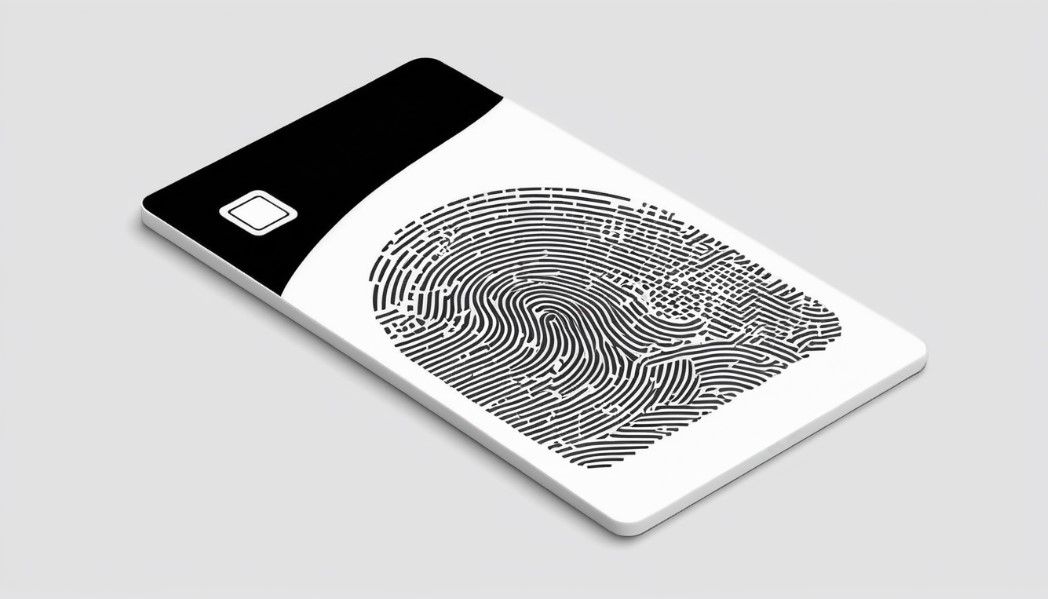The Legal Entity Identifier (LEI) is a 20-character alphanumeric code that uniquely identifies legal entities participating in financial transactions globally.
Established under the ISO 17442 standard by the International Organization for Standardization (ISO), the LEI enhances transparency in financial markets and facilitates the tracking of financial transactions and the organizations involved in them.
This initiative, born from the lessons of the 2007-2008 financial crisis, aims to mitigate risk and promote a more stable financial environment.
Mandated to register
Entities engaging in financial transactions within the EU and beyond are mandated to register for an LEI. This requirement spans financial institutions, companies issuing securities, entities listed on exchanges, and those under financial reporting obligations, such as under the EU’s MiFID II regulation.
The Global Legal Entity Identifier Foundation (GLEIF) oversees the LEI system, delegating issuance and management tasks to GLEIF-accredited Local Operating Units (LOUs), such as NordLEI.
NordLEI, a leader in LEI issuance in Denmark, Norway, and Sweden, is recognized for its significant contributions to the LEI ecosystem. As the world’s 8th largest LOU, NordLEI has issued over 165,000 LEIs.
Its commitment to standards is evident through its compliance with ISO 27001 and GDPR, earning it the “Best-Performing LEI Issuer” accolade from GLEIF in 2023.
To obtain an LEI, entities must select a GLEIF-accredited LOU and provide necessary information including legal name, company ID, entity type, legal address, and the name of the authorized signatory (Level 1 data, “Who is who”).
For those part of a complex structure, Level 2 data (“Who owns whom”) may be required, although NordLEI does not collect Ultimate Beneficial Ownership (UBO) information.
NordLEI simplifies this process by leveraging national business registries to auto-complete most information, making registration efficient.
Following registration and payment, LEI issuance typically occurs within 1-12 business hours. Entities can opt for LEI registration for up to five years in one transaction, with NordLEI providing discounts for bulk orders.
The LEI number is then emailed to the entity and added to the global LEI index, with annual renewals necessary to maintain its validity and ensure up-to-date information in the Global LEI Pool.
NordLEI’s commitment to accessibility is demonstrated through its localized registration sites for Denmark, Norway, and Sweden, alongside its multilingual and multi-currency main website.
Easily navigate
This approach ensures that businesses across the Nordic region can easily navigate the LEI registration process, aligning with global regulatory requirements and contributing to a transparent, secure financial ecosystem. NordLEI offers customer service in all Nordic languages.
Entities required to hold an LEI are urged to consider the broader implications of LEI registration, not only as a regulatory compliance measure but as an investment in their business’s global reputation and operational integrity.
With NordLEI’s expert guidance and the streamlined registration process, Nordic businesses are well-positioned to meet their LEI obligations efficiently and effectively.
This content is sponsored by NordLEI.














